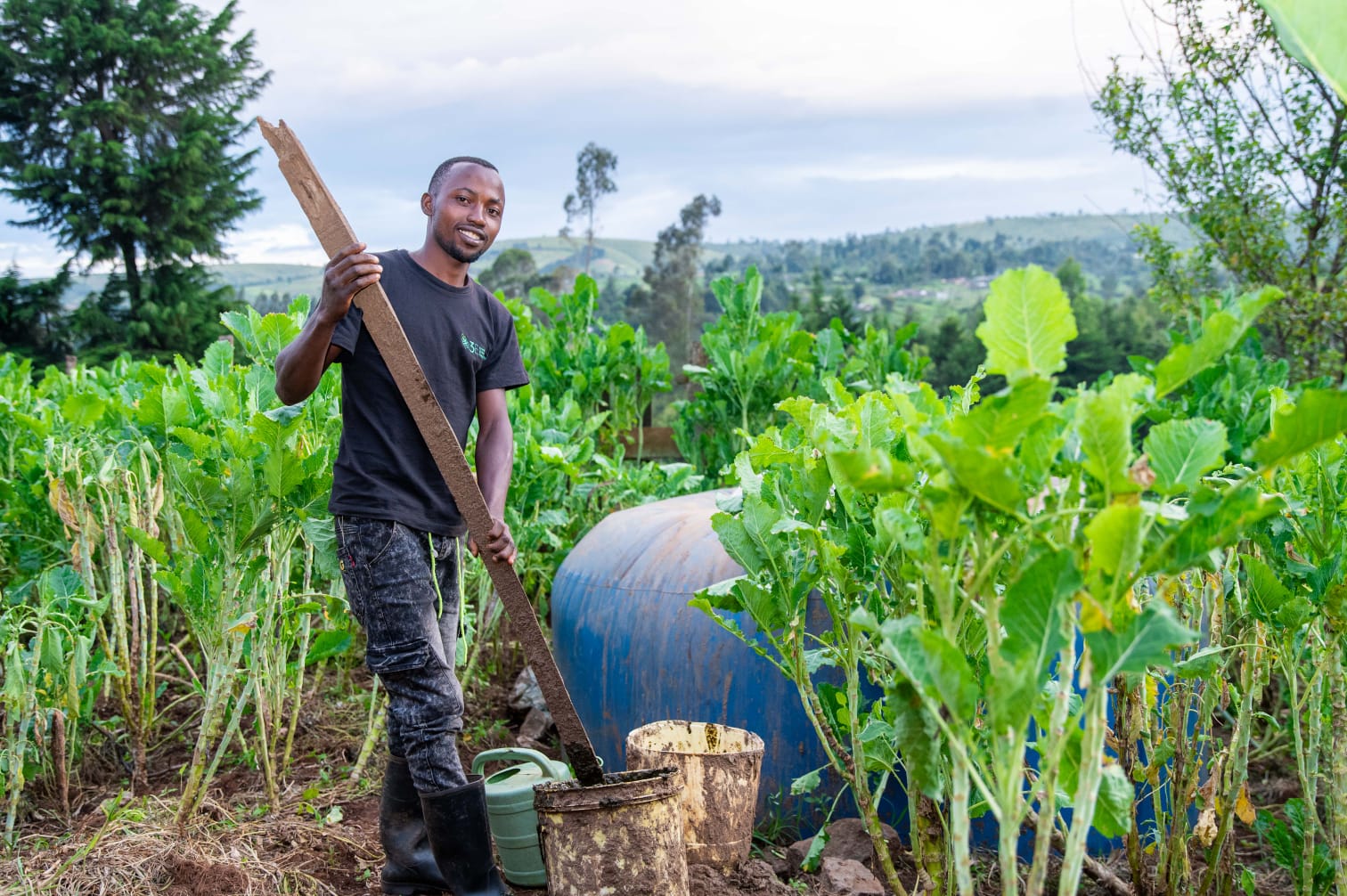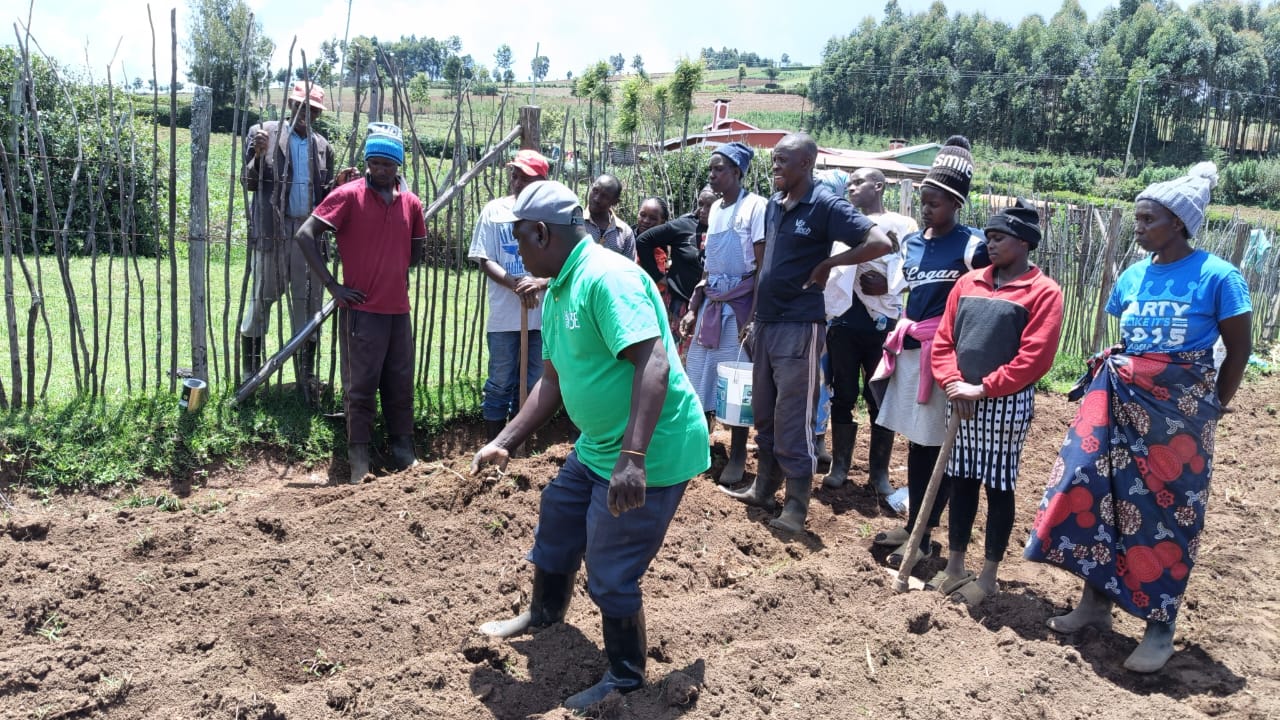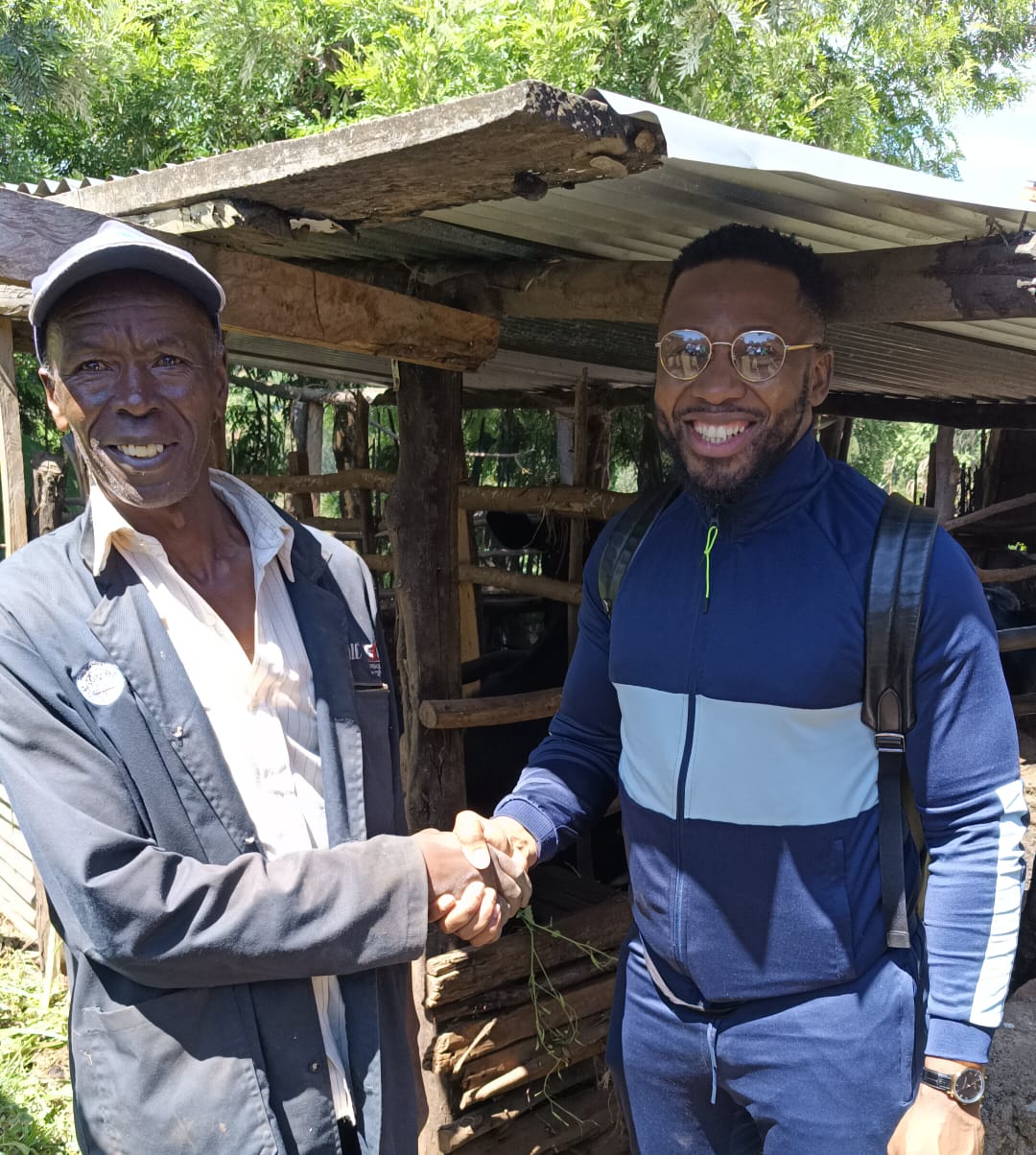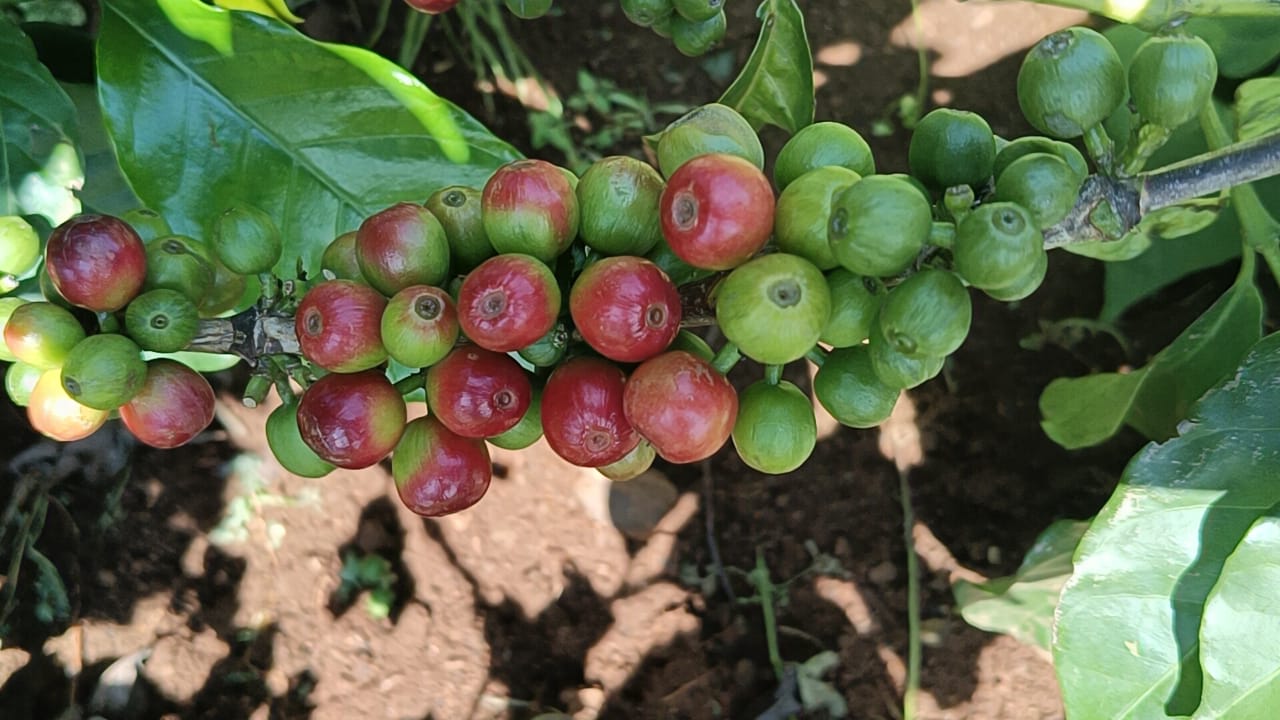At 3E Africa, our mission is ambitious yet vital, to foster sustainable development across the continent through integrated initiatives in environment, entrepreneurship and energy. We believe that true progress requires a holistic approach, leveraging local strengths and engaging every member of the community.
Content related to the following topics
Entrepreneurship
From Stressful Struggle to productive Dairy: How Smart Feeding is Reviving Dairy Farming in Molo
Dairy farming has been a pillar of economic activity in our Molo since colonial times, a tradition passed down through generations. However, over time, a single, persistent challenge, feeding the cows has drawn many farmers away from this valuable activity
Planting Seeds of economic prosperity: Financial literacy empowers Subukia Coffee Farmers.
For generations, farmers have relied on their land and expertise to produce for home consumption and sale the surplus, but a lack of formal financial knowledge has often limited their ability to fully capitalize on their hard work. Financial Literacy training is set to change that narrative, equipping Coffee farmers with essential skills to manage, grow, and secure their farm finances, making farming a high-income activity for the households.
Farming for the Future: Overcoming Challenges for Sustainable Livelihoods
Over the past two weeks, our team has spent time with farmers on their land. This close interaction and the subsequent data collection have revealed the significant challenges they currently face. The farmers mainly depend on farming to provide for their families, a crucial question arises, in the era of climate change can agriculture remain a sustainable livelihood for them?
Molo Farmers Benefit from Expert Knowledge on Boosting Milk Production.
Despite its high potential for dairy farming, Molo, like many highland areas in Kenya, has been hindered by a lack of technical knowledge among farmers. This has often resulted in low milk production, limiting the income potential for many households. To address this challenge, the 3E organization has been working to equip farmers with the necessary knowledge and skills to effectively manage their dairy cows.
Empowering Coffee Farmers through Financial Literacy
For generations, coffee farmers in Kabazi have relied on traditional knowledge to cultivate their crops. While these practices have sustained livelihoods, they often fall short in maximizing profits and ensuring financial stability. To address this, 3E Organization has prioritized entrepreneurial development, focusing on financial literacy to empower farmers.
Empowering Mau Juhudi through Milk Value-addition
In the highland counties of Kenya, dairy farming has long been a cornerstone of the local economy. Many farmers practice small-scale operations, each tending to a few cows that produce an average of 5 litres of milk per milking session. While traditional milk products have been passed down through generations, their short shelf life and nutrient loss often limit their economic potential.
Local Entrepreneurship: 3E Organizations Approach to Sustainable Entrepreneurship
Entrepreneurship has emerged as a powerful force for economic development, creating jobs and fostering innovation. By providing entrepreneurs with the necessary support, we can unleash the full potential of this sector and create even more opportunities for growth.
Empowering dairy farmers through financial literacy
Financial literacy is essential for dairy farmers to make profit. Without it, tracking earnings, identifying investment opportunities, and transforming farming from a hobby to a high-income activity becomes challenging. At 3E, where we prioritize entrepreneurial development for our farmers, we recognized this very challenge.
Minting Money from Pawpaw and Vegetable Farming in Arid Areas: The Story of Sarah Ruto.
Sarah Ruto, a 48-year-old resident of Kaptich village in Marigat subcounty, Kenya, was familiar with the challenges of farming in an arid and semi-arid area (ASAL). For years, she relied on maize farming primarily for commercial purposes, generating income only once a year, which mainly went towards her children’s school fees.
Empowering Marigat women through sustainable poultry farming.
In Marigat, a Kenyan area known for its arid and semi-arid climate, malnutrition a is prevalent. Unpredictable rainfall patterns make achieving food security a constant struggle. The dry seasons render large parts of the year unproductive.
Hermetic Grain Silos: A sustainable solution to Post-Harvest Losses.
Farmers have traditionally relied on their own methods to store grain after harvest, but these methods often have limitations and are not very efficient. While there’s been a focus on increasing crop yields, less attention has been paid to post-harvest losses, which can be as high as 30%.
Transforming Coffee farming in Kabazi: Introducing Ruiru grafted Coffee
For generations, Kabazi farmers have nurtured coffee trees, their livelihoods have been sustained by coffee for over 50 years. However, time has brought challenges. Traditional SL 28 and Batian varieties have yielded diminishing returns, averaging at 3kg per tree.
Molo’s Dairy Solution:Empowering Farmers Through Fodder Diversification and Manure Management.
In Molo subcounty, Kenya, where agriculture is the main source of income for many households, farmers face challenges from chemical-intensive practices that degrade soil health and traditional cow feeding methods that limit milk production and income.
Cultivating Change through Sustainable coffee farming in Subukia.
Coffee farming has long been a cornerstone of Kenya’s economy, especially in the country’s highlands. Introduced by white settlers, coffee cultivation took root, and after their departure, local Kenyans took over the farms.
Making a difference in the informal milk sector-Mau Juhudi Dairy
The Mau Juhudi Self Help Group, with support from 3E, established a milk bar to provide quality milk while ensuring safety standards. This initiative has led to increased sales and added value through cheese and yogurt production. Not only does it benefit small-scale farmers, but it also promotes sustainable business practices within the community.














